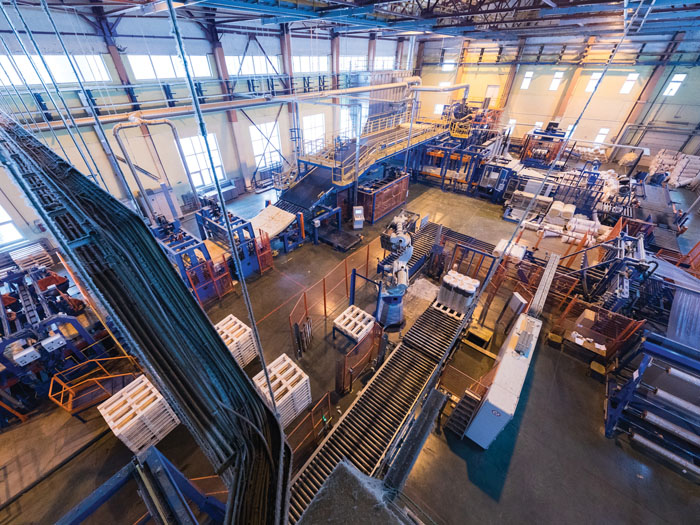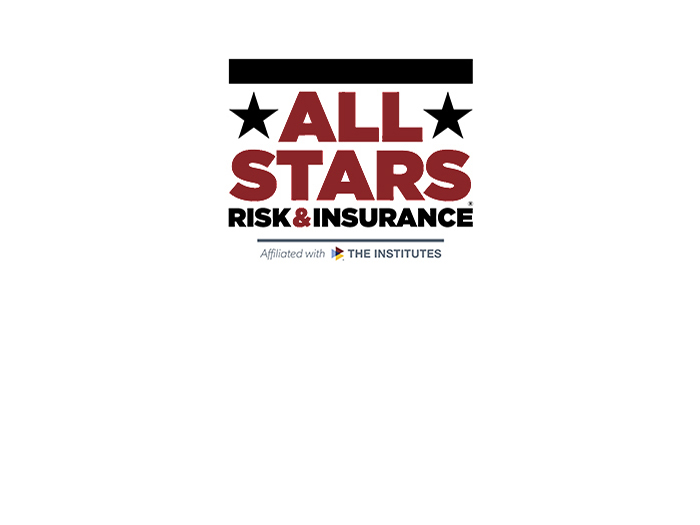You Be the Judge
Were Burns the Result of Work Risk or Personal Risk?

A worker for Wright Tree Service filled up a chainsaw with gasoline for the foreman. When he picked up the chain saw to hand it to the foreman, gas leaked out of the cap and spilled onto his shirt.
After the spill, the foreman told the worker that he had a clean shirt in his work truck that the worker could put on. The foreman told the worker that he could take a short break until the foreman was done, and then they could walk back to the truck together.
While waiting for the foreman, the worker lit a cigarette. Wright permitted workers to smoke while waiting for tree limbs to drop, and many of them did. While lighting his cigarette, the worker’s shirt caught on fire.
After the worker put out the fire, the foreman applied first aid to his burns and took him to the emergency room. The worker’s burns required a skin graft, and he had scarring on his thigh, torso, shoulder, and hip.
The worker sought workers’ compensation benefits. The administrative law judge denied the claim, finding that smoking was a risk personal to the worker, so his injuries did not arise out of and in the course of his employment.
The Workers’ Compensation Appeals Board reversed the ALJ’s decision, concluding that the worker’s injury had a causal connection to his employment. Wright appealed.
Was the board correct in finding that the worker’s injury was compensable?
- A. No. The worker’s smoking rather than spilling gasoline was the cause of his accident, and smoking is a personal risk.
- B. Yes. The risk of gasoline spilling on the worker’s shirt and later catching fire was a risk associated with his work.
- C. No. Injuries occurring during smoke breaks are not compensable.
How the Court Ruled
A is incorrect. The court explained that catching fire is a risk associated with working with flammable liquids. Even though the worker’s burns did not occur at the moment gasoline spilled on his shirt, the injury still arose out of a risk distinctly associated with his job.
C is incorrect. The court pointed out that the board previously found in several cases that injuries that occurred during smoke breaks are compensable. The board held that smoking and smoke breaks fall within the personal comfort doctrine. Here, the worker was on an authorized break on the clock and was allowed to smoke on the job.
B is correct. In Gould v. Wright Tree Service, Inc., No. 114,482 (Kan. Ct. App. 05/13/16, unpublished), the Kansas Court of Appeals held that the worker was entitled to benefits for his burn injuries.
The court concluded that the worker’s actions were causally connected to his job, and he was working at the time of his injury, so his injuries were compensable.
The court also found that the worker’s injury arose out of and in the course of his employment. The worker was required to work with flammable liquids as part of his employment, and he was on an authorized short break, although still on the clock, at the time the injury occurred. The court also found that the worker did not recklessly violate Wright’s fire-prevention policy.
Editor’s note: This feature is not intended as instructional material or to replace legal advice.










